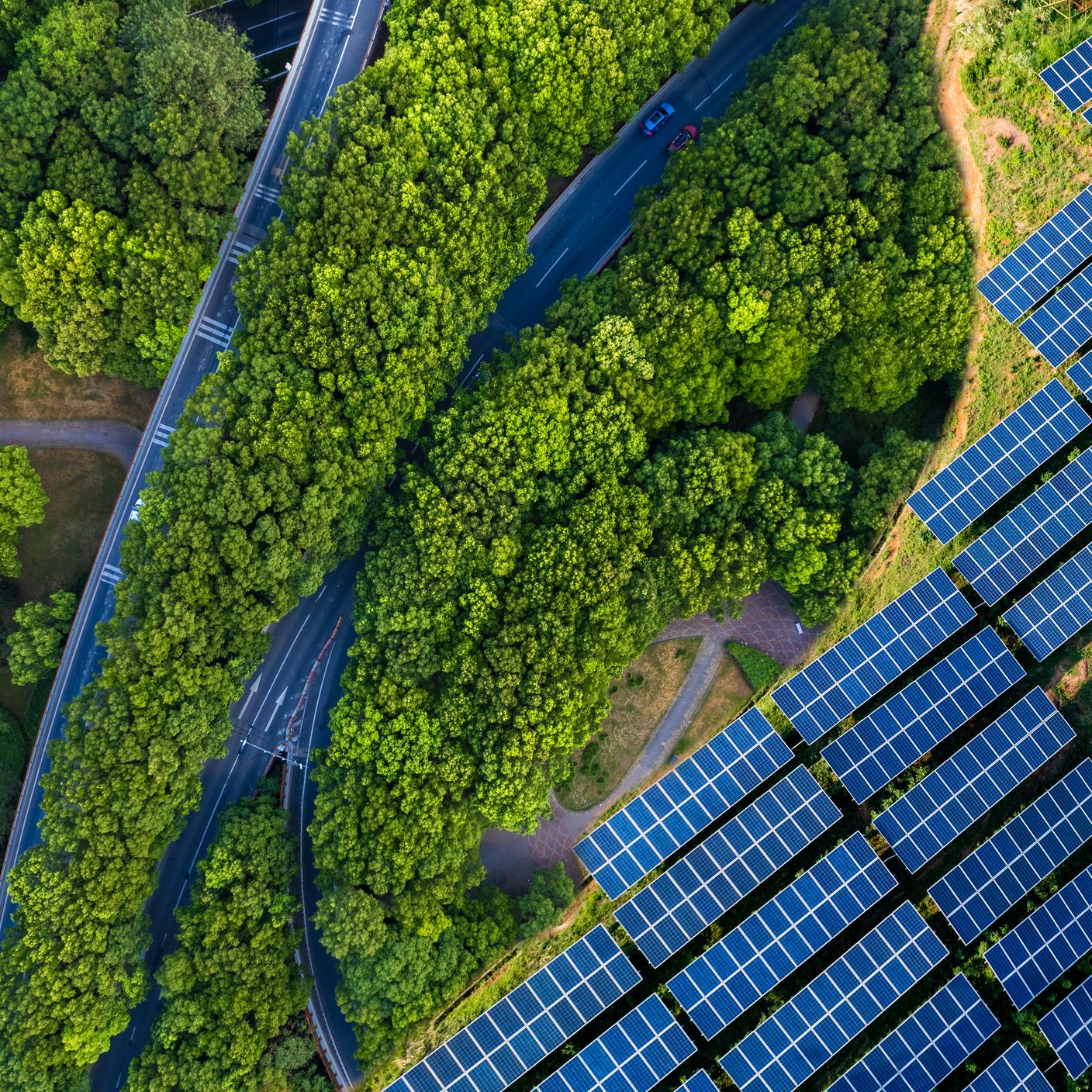How product carbon footprint verification and carbon neutrality certification support businesses, consumers and the future health of our planet
The way we operate as a society today often requires a significant input of the earth’s resources, whilst also pushing dangerous levels of harmful greenhouse gases into the atmosphere. If we are to protect the planet for future generations, we need to significantly improve our carbon credentials when it comes to producing and providing products and services.
According to the IPCC, the industrial sector is among the three highest producers of emissions globally. Product manufacture is a significant part of this category, particularly in sectors such as electronics, fashion and textiles, automobiles and construction materials. This means there’s a huge opportunity for product manufacturers to make a significant impact on the health of the environment by choosing to follow sustainable business practices.
Why does carbon neutrality matter?
Goal 13 of the United Nations’ 17 Sustainable Development Goals is to ‘take urgent action to combat climate change and its impacts’. This includes achieving net zero CO2 emissions globally by 2050.
For an organization to become carbon neutral it needs to balance the scales, meaning it reduces/removes as much carbon from the atmosphere as it emits. Where emissions cannot be avoided, the organization must then use methods to offset its output, for example by investing in renewable energy, supporting reforestation projects or waste and landfill management.
To truly commit to carbon neutrality, organizations need solid tools for measuring and reducing their carbon footprint. Without knowing where your emissions come from, it is impossible to manage them effectively.
Standards ISO 14067 and ISO 14068-1 have been developed to provide a standardized method for calculating and reporting the carbon footprint of a product (CFP) based on its full lifecycle. These standards provide a hierarchy with greenhouse gas (GHG) emission reduction at the top, to ensure that organizations follow the most appropriate and effective route to net zero, avoiding the overuse of offsetting tactics and reducing the risk of greenwashing.
Standardization provides a collective, consistent and credible route to carbon neutrality.
And in today’s world, being carbon neutral isn’t just good for the planet – it’s good for business too. A global sustainability study found that 63% of consumers had made moderate to significant changes to their consumption behaviours over time, to live more sustainably and reducing their carbon footprint. By strengthening their sustainability credentials, product manufacturers will naturally increase their appeal to a market of environmentally conscious buyers.
I know my products are sustainable – why do I need carbon footprint verification and carbon neutrality certification?
It’s one thing to tell your customers your products and services are sustainable, but in a busy and noisy market full of businesses stating their planet-friendly claims, are you being heard?
Third-party verification and certification are powerful tools for demonstrating that your claims have been independently tested and confirmed by a trusted third-party, such as BSI.
85% of global consumers have become ‘greener’ in their purchasing behaviours, so your product or service’s sustainability credentials are likely to be on their decision-making checklist when looking to make a purchase. Having the carbon stamp of approval from a respected standards body with no vested interest in your profit margin sends a strong message to consumers that you are serious about protecting the environment. They, in turn, will feel confident that they are also doing their part by choosing to purchase from you.
1 in 3 shoppers across the globe would pay more for a carbon footprint verified product or service, compared to a similar product or service that was not verified.
Demonstrate sustainability with Carbon Footprint Verification
For over 120 years, the BSI Mark of Trust has represented quality, safety and reliability. Today, it also reflects a growing focus on sustainability.
BSI’s Carbon Footprint Verification for products and services provides independent verification quantifying your product or service's carbon footprint from a respected global standards body.
Once verified, products are awarded the ISO 14067 Carbon Footprint Verified Mark of Trust. This globally recognized mark sets you apart, helping build stakeholder confidence and emphasize your brand's sustainability credentials.
The verification process follows ISO 14067 and is based on assessment methods defined in ISO 14040 and ISO 14044, taking into account greenhouse gas emissions across the entire lifecycle from raw material extraction to end use.
Carbon Footprint Verification is also a stepping stone towards achieving the BSI Kitemark™ for Carbon Neutral Products and Services.
Secure consumer confidence with the BSI Kitemark
Are you ready to showcase your carbon neutrality? Kitemark certification has a rich heritage, assuring trust and confidence in premium products for over 120 years. The BSI Kitemark Certification for Carbon Neutral Products and Services demonstrates that you’re following best practice from ISO 14067 and ISO 14068-1, enabling you to reassure your customers that your product has been independently assessed against international standards, meeting stringent criteria.
Find out how you can secure your product/service’s sustainable status with the BSI Kitemark™ for Carbon Neutral Products and Services.
Client success story: Morrisons reduces egg carbon footprint by 60%
When Morrisons, one of the UK’s biggest supermarket chains, set out to tackle the environmental impact of their free-range eggs, they didn’t just aim for incremental change – they achieved a massive 60% reduction in carbon footprint. They later became the first UK retailer to certify carbon neutral food products with the BSI Kitemark.
Read their incredible story.
A 2023 YouGov survey found that 53% of consumers would spend more on a product with the BSI Kitemark for Carbon Neutral Products.


